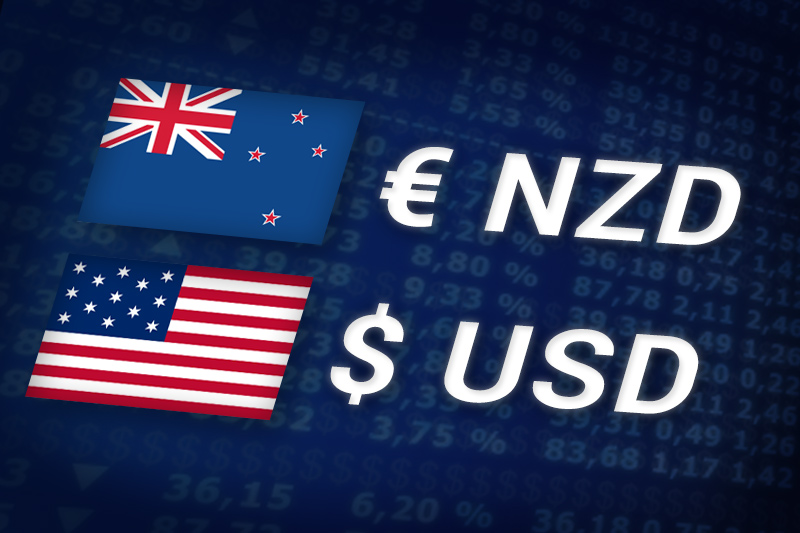Investing.com - The New Zealand dollar edged higher against its U.S. counterpart on Tuesday, but the kiwi remained under pressure as concerns over rising borrowing costs in Spain and the health of the country’s banking sector dampened risk sentiment.
NZD/USD hit 0.7630 during late Asian trade, the daily high; the pair subsequently consolidated at 0.7629, adding 0.12%.
The pair was likely to find support at 0.7574, Monday’s low and resistance at 0.7673, the high of May 22.
Investors remained cautious after the yield on Spain’s 10-year bond rose to 6.47% on Monday, the highest level this year after the government announced that it was to recapitalize one of the country’s largest commercial lenders, Bankia.
The announcement fuelled fears that the rising cost of bank rescues could force Madrid into seeking an international bailout.
Speaking on Monday, Prime Minister Mariano Rajoy ruled out seeking outside aid to revive Spain's banking sector, however.
Markets were also eyeing developments in Greece, after a weekend opinion poll indicated that the pro-bailout New Democracy party may be able to form a government following the June 17 elections.
Elsewhere, the kiwi was lower against the Australian dollar with AUD/NZD edging up 0.16%, to hit 1.2952.
Also Tuesday, industry data showed earlier that new home sales in Australia jumped 6.9% in April, after a 9.4% fall the previous month.
Later in the day, the U.S. was to release reports on house price inflation and consumer confidence.
NZD/USD hit 0.7630 during late Asian trade, the daily high; the pair subsequently consolidated at 0.7629, adding 0.12%.
The pair was likely to find support at 0.7574, Monday’s low and resistance at 0.7673, the high of May 22.
Investors remained cautious after the yield on Spain’s 10-year bond rose to 6.47% on Monday, the highest level this year after the government announced that it was to recapitalize one of the country’s largest commercial lenders, Bankia.
The announcement fuelled fears that the rising cost of bank rescues could force Madrid into seeking an international bailout.
Speaking on Monday, Prime Minister Mariano Rajoy ruled out seeking outside aid to revive Spain's banking sector, however.
Markets were also eyeing developments in Greece, after a weekend opinion poll indicated that the pro-bailout New Democracy party may be able to form a government following the June 17 elections.
Elsewhere, the kiwi was lower against the Australian dollar with AUD/NZD edging up 0.16%, to hit 1.2952.
Also Tuesday, industry data showed earlier that new home sales in Australia jumped 6.9% in April, after a 9.4% fall the previous month.
Later in the day, the U.S. was to release reports on house price inflation and consumer confidence.
